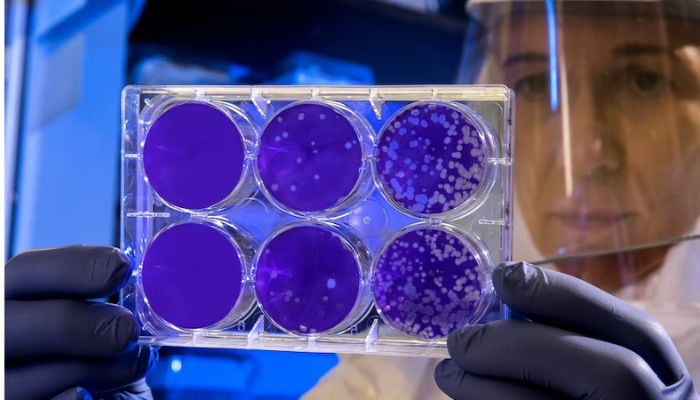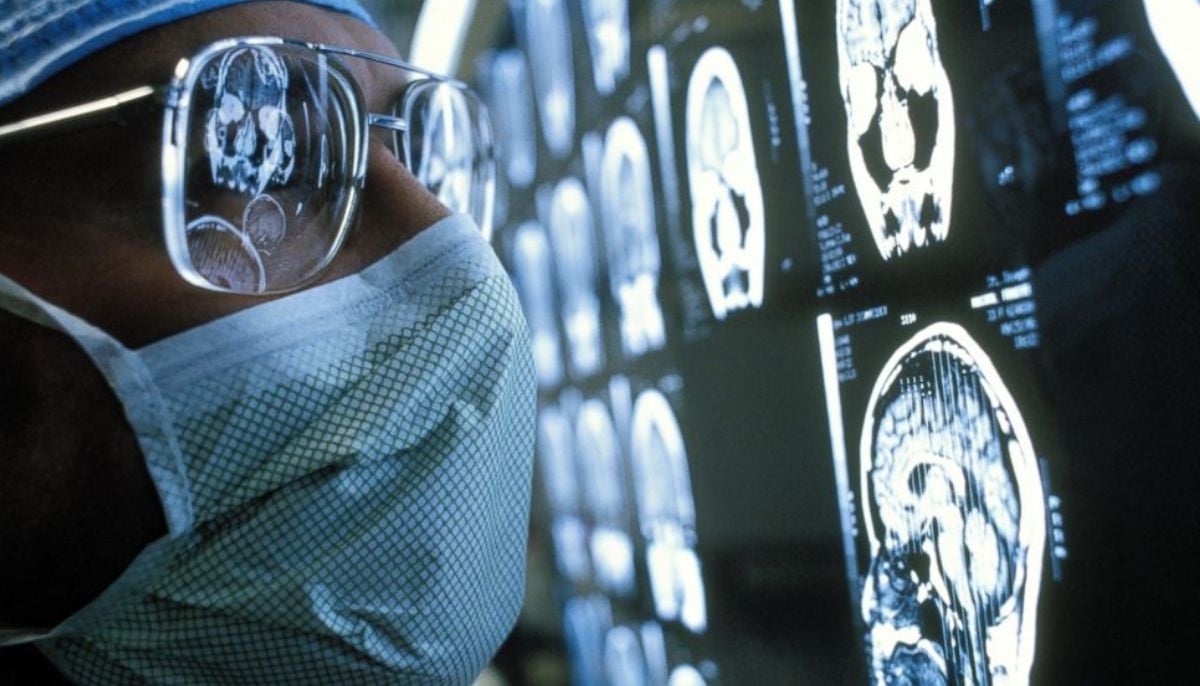'Vax-innate': Cancer vaccine reduces tumour growth in breakthrough experiment
The vaccine weakens cancerous cells and prevents suppression of T-cell action
An experimental cancer vaccine has proven to be significantly effective when tested on laboratory rats, according to a research team with the National Institutes of Health.
The new drug, designed by Dr Robert Seder and his colleagues at the NIAID Vaccine Research Centre, successfully led to dramatic tumour regression in mice, offering hope that experts might be closing in on finding effective cancer treatment.
The vaccine called SNAPvax was tested by researchers at the National Institute of Allergy and Infectious Diseases (NIAID) via two different methods. They used IV administration for delivery and results showed that this method boosted the number of cytotoxic T-cells in the mice.
Cytotoxic T-cells are responsible for attacking cancerous tumour cells and activating the body's immune system by triggering type I interferon, which are proteins cells release in response to viruses.
Study authors said that the innate immune response followed by the vaccine changes the tumour's "microenvironment", in turn causing the cancerous cells to weaken and preventing the suppression of T-cell action.
They also tried to deliver the drug by injecting the skin. The subcutaneous method did not see the same results and the IV method was concluded to be the most efficient form of delivery.
The medical breakthrough published in the journal Cell is being dubbed "vax-innate" and scientists believe that it could become a vital milestone in immunotherapeutic vaccine and cancer research. Study authors hope that the vaccine could also help human patients who have received tumour-specific T-cells during treatment.
The vaccine can generally make the immune system healthier by controlling tumour growth and enhancing T-cell production.
Vaccitech, a clinical-stage biopharmaceutical company in Baltimore, reportedly plans to test SNAPvax against human papillomavirus-associated cancers in 2023.
-
Can brain stimulation make people kinder & less selfish? New study offers hope
-
Mariah Carey details 'hardest' bipolar disorder experience
-
Pink reveals health routine for asthma management
-
Gigi Hadid talks about 'relieving tension' amid having Hashimoto's disease
-
Selena Gomez explains why she thought lupus was 'life-or-death'
-
How Kim Kardashian made her psoriasis ‘almost’ disappear
-
Nick Jonas gets candid about his type 1 diabetes diagnosis
-
Sir Jackie Stewart’s son advocates for dementia patients












